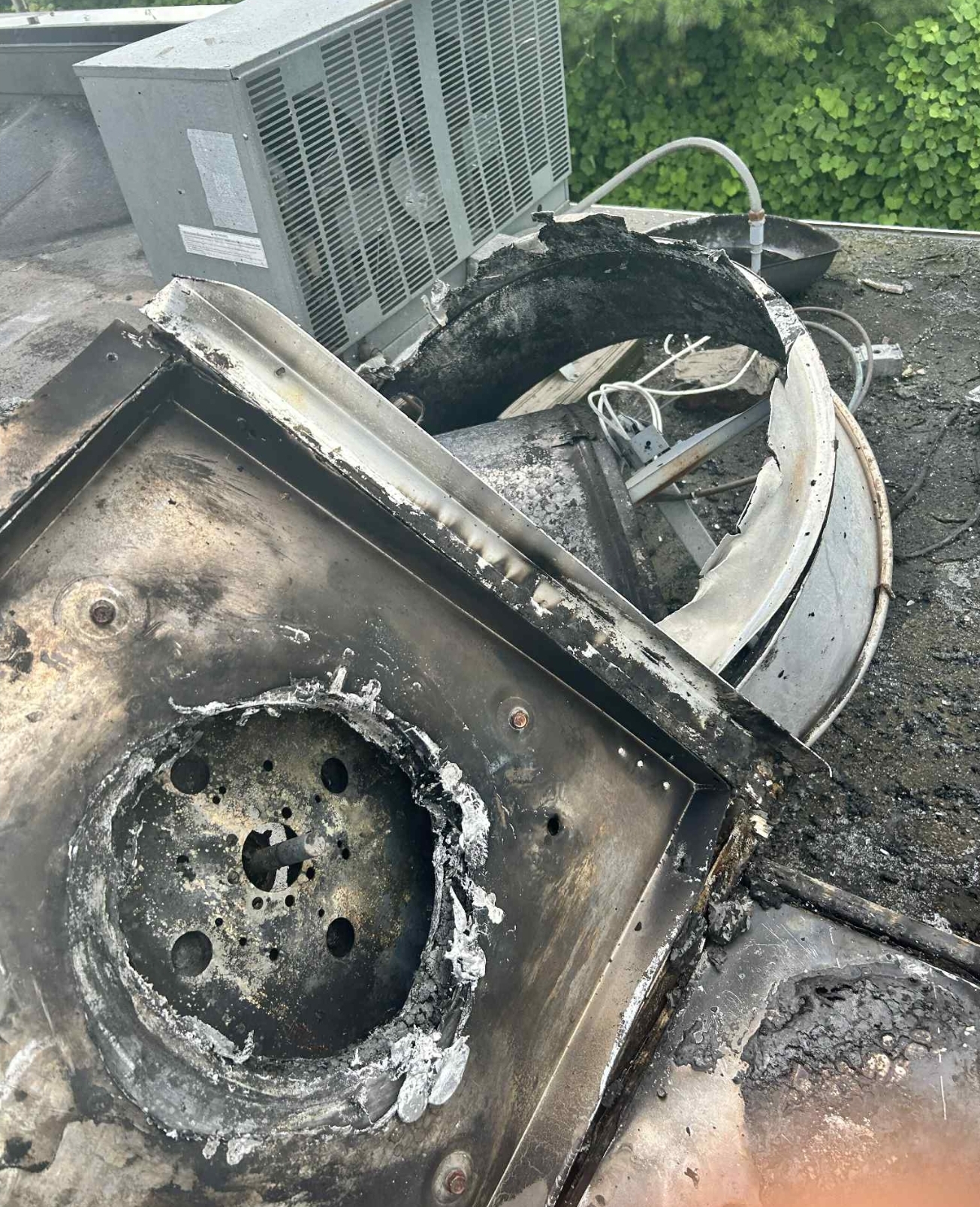DAQ director comments on Cliffside Plant permit
Published 9:48 am Monday, March 31, 2008
As director of the N.C. Division of Air Quality, I was responsible for deciding whether to issue an air permit for the proposed coal-fired power plant at Duke Energy&squo;s Cliffside Steam Station in Rutherford County. Ultimately, I decided that this facility would meet or exceed current state and federal air quality regulations, while generating significantly more electricity and releasing fewer emissions of key pollutants. &bsp;
Although environmental groups and others have raised some legitimate concerns about coal power plants, many critics have failed to recognize that modernization of the Cliffside plant will help reduce air pollution in North Carolina. Under conditions in the air permit, the expanded Cliffside plant will emit substantially lower amounts of key pollutants that cause ozone, haze, acid rain and other air quality problems.
How could the expanded Cliffside plant emit less pollution while doubling its generation of electricity?&bsp; The new permit requires Duke to shut down four older, less efficient boilers that lack modern pollution controls before operating the new boiler.&bsp; Duke must install the &dquo;best available&dquo; or state-of-the art pollution controls on the new boiler (Unit 6) as well as additional controls on an existing boiler (Unit 5) that will continue to operate.&bsp; Actual emissions at Cliffside should decline by 26,000 tons per year for sulfur dioxide (an 80 percent reduction), 3,500 tons per year for nitrogen oxides (50 percent reduction) and 79 pounds per year for mercury (50 percent reduction) after the new unit goes into operation.
Duke also agreed to mitigate or offset carbon dioxide emissions from the new Cliffside unit, even though no state or federal regulations currently require controls of such greenhouse gas emissions.&bsp; This agreement, which is enforceable through the plant&squo;s air quality permit, is groundbreaking.&bsp; I am not aware of any other power plant in the United States that is required by its permit to offset its carbon dioxide emissions.
The mitigation of Cliffside&squo;s carbon dioxide emissions will begin with the closure of the four older units at Cliffside. Between 2015 and 2018, Duke also must shut down an additional 800 megawatts of coal-fired generating units at other North Carolina plants that lack modern pollution controls.&bsp; These closures will offset about two-thirds of the carbon dioxide emissions expected from the new Cliffside unit.&bsp; Duke has further committed to offset the remaining one-third through other measures ‐ such as energy conservation and renewable sources ‐ and those reductions will be enforceable through its permit.
The new electric generating capacity at Cliffside will be among the most efficient in the nation.&bsp; That is, the new unit will be able to generate much more electricity per unit of coal burned than the older units it is replacing.&bsp; If we had denied the new Cliffside permit, Duke would have been forced to generate more electricity from older, less efficient units that lack modern pollution controls in order to supply increasing demands for power.&bsp; Thus, a permit denial could have led to greater emissions of air pollution.
The N.C. Utilities Commission, in approving the certificate of need for the new Cliffside unit, determined that North Carolina has increasing needs for electric power generation.&bsp; The new Cliffside unit will help supply those power needs while reducing air
pollution.





